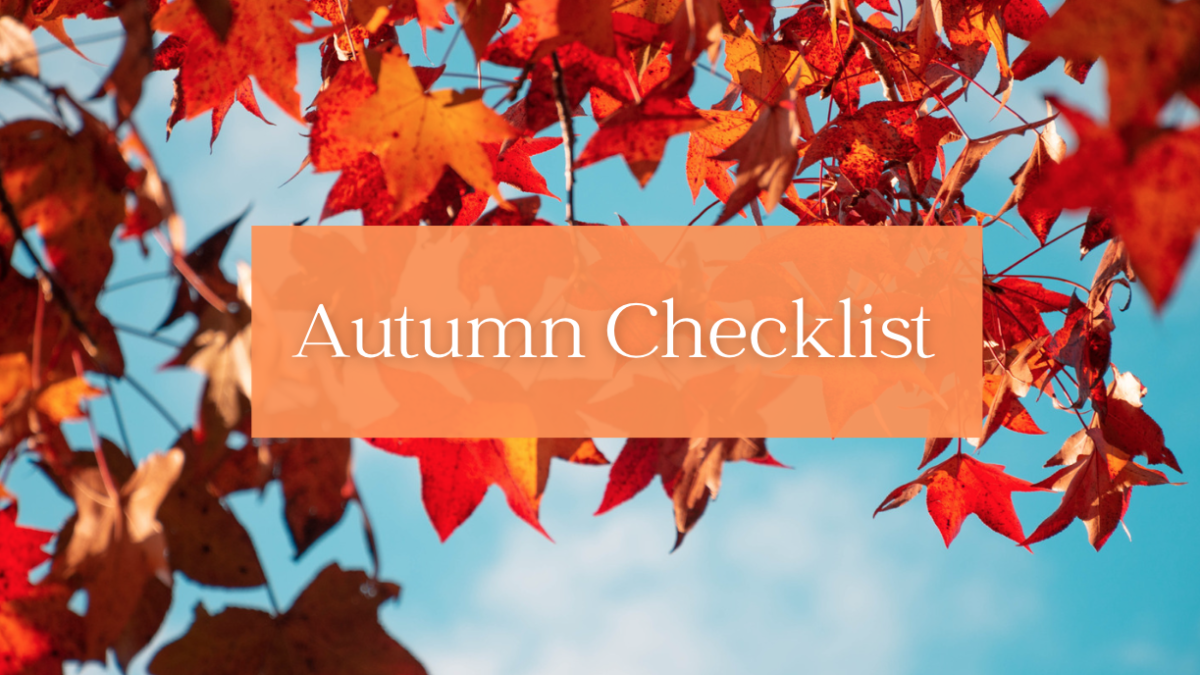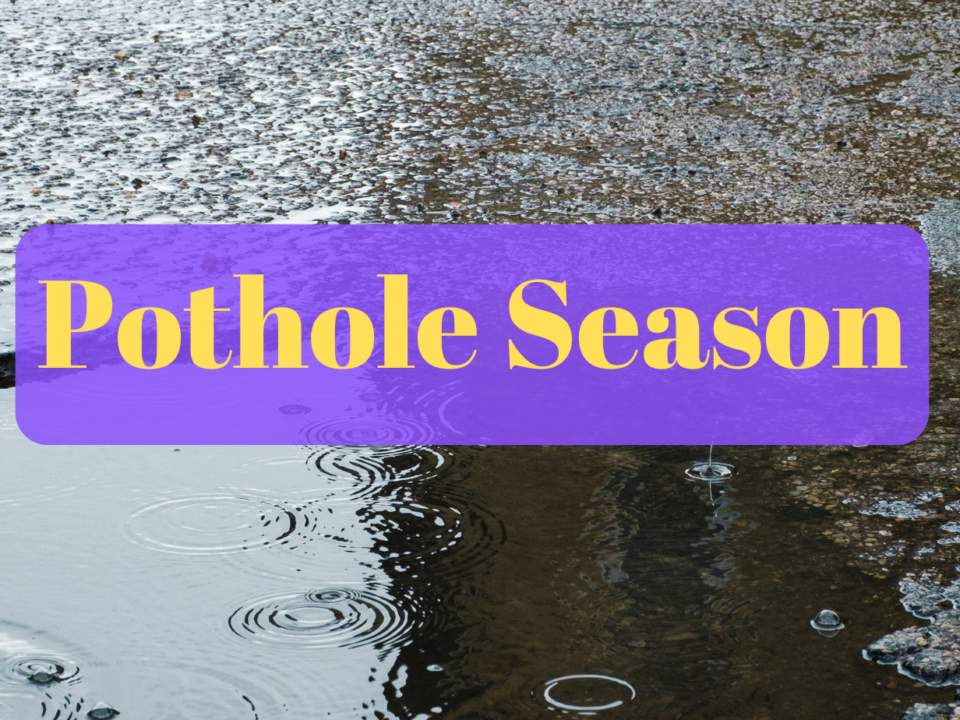Autumn Checklist
Autumn is well underway and that means changes to your property. Now is the time to check your Autumn Checklist. If you haven’t taken care of your seal coating, there might still be a chance to get it done before Old-Man Winter comes blowing through. But what else is there to take care of in the season of pumpkin spice and everything nice?
Autumn Checklist
There are some areas of your property you must check every autumn:
Roof and gutters
Storm drains and inlets
Sprinklers
Walkways
Lawns and Flowerbeds
Cracking in pavement
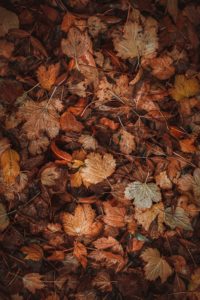
Image courtesy of Omid Armin
Autumn Checklist: Clogs
All those beautiful fall leaves can cause havoc to your drainage systems. It’s important to do a thorough survey of your roof, gutters, storm drains, and inlets every fall to make sure they are clear and good to go.
Dare can do the work for you with our Dare Reports. We’ll survey your property and get everything in tiptop shape for autumn.
Autumn Checklist: Sprinklers
It’s important to winterize sprinkler systems as well as beds and grass. If you fail to winterize your sprinkler system in autumn, you may be dealing with burst pipes in the winter. Winterizing beds and grass fortifies them for the long, cold winter. The results of this work will bloom in the springtime as your grass comes back healthy and green.
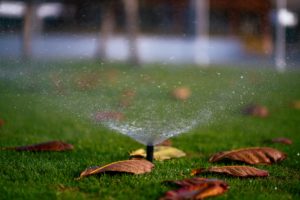
Image courtesy of Vic Furtuna
Autumn Checklist: Pavement
The beginning of autumn is a good time to schedule a power washing to remove any dirt or debris that might have otherwise found its way into cracks. Cracks are the biggest issue you want to sort out early, as they can become a big problem when the weather turns colder.
Asphalt tends to expand in the heat of the summer months, allowing dirt and debris to enter the cracks. The colder weather can cause the asphalt to then contract, thus worsening the crack. Autumn provides the ideal temperatures for sealing and repairing cracks: “Sealcoating should only be applied when temperatures are above 50 degrees for at least 24 hours.”
Cracks can also lead to damaged inlets:
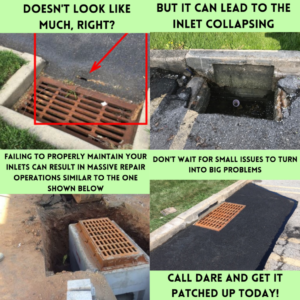
Lawns and Flowerbeds
If fallen leaves are allowed to accumulate on your lawn, they can cause the growth of fungus, increase the likelihood of flooding, and attract nasty pests that are harmful to your grass. Fallen leaves provide the “perfect cellulose-based food source” for mold spores to grow and cultivate. When leaves are left to pile up, they create a layer of insulation on top of your grass, trapping in heat and moisture. All of this creates the perfect recipe for mold. Mold causes grass to look patchy, as shown below. These patches are often referred to as “dollar spots.”
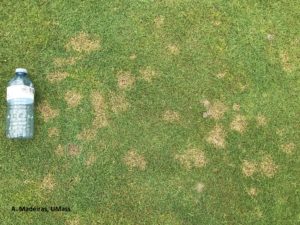
Image courtesy of ag.umass.edu
Autumn Checklist: Walkways
Neglecting to remove fallen leaves is a liability to your property. As we covered in an earlier blog, if someone slips and falls on your property due to a tripping hazard, and they can prove that you were aware of the hazard prior to the accident, you could be held liable. Fallen leaves on smooth tarmac or wet grass can be a serious tripping hazard and put you at risk.
Ready to Get Started?
Our team of experts are ready to help you knock off every item on your Autumn Checklist. Just call Dare. Call the number at the top of the page, or simple click below and get your quote today!
Get a Quote!
Feature image courtesy of: Lucas Gwendt


